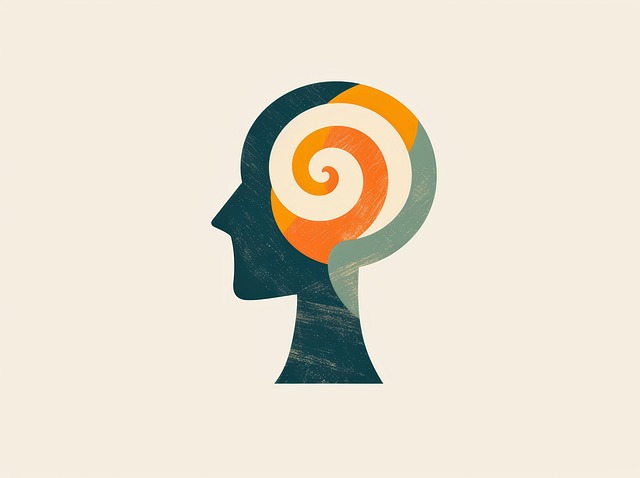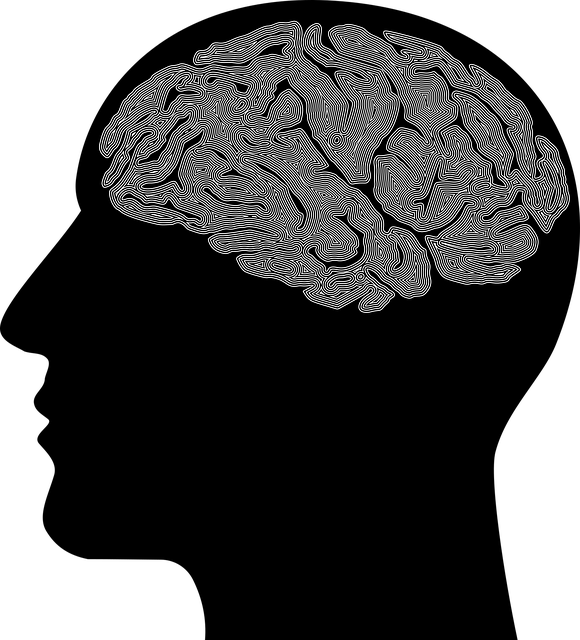The text emphasizes the underappreciated yet vital role of social skills in mental health, particularly within traditional therapy frameworks. Lakewood EMDR Certified Therapy addresses this gap by integrating Eye Movement Desensitization and Reprocessing (EMDR) with targeted social skills training. This holistic approach equips individuals with tools to navigate interpersonal challenges, manage stress, and build supportive relationships. By combining evidence-based trauma processing with cognitive-behavioral techniques and role-playing, Lakewood EMDR Certified Therapy enhances self-esteem, fosters cultural sensitivity in mental healthcare, and contributes to improved mental health outcomes and a higher quality of life for clients.
Social skills training plays a pivotal role in managing mental health conditions, fostering healthier relationships, and enhancing overall well-being. This article delves into the intricate connection between social competencies and mental health, highlighting the benefits of Lakewood EMDR Certified Therapy as an effective approach to improving social interactions. We will explore practical strategies for therapists and caregivers to assist individuals in developing and refining their social skills within a therapeutic setting.
- Understanding the Link Between Social Skills and Mental Health
- Lakewood EMDR Certified Therapy: An Approach to Enhancing Social Interaction
- Practical Strategies for Developing and Improving Social Skills in a Therapeutic Setting
Understanding the Link Between Social Skills and Mental Health

The connection between social skills and mental health is a profound aspect often overlooked in traditional therapy practices. At its core, effective social interaction serves as a protective factor against various mental health conditions, fostering a sense of belonging and self-worth. Conversely, deficiencies in social skills can exacerbate existing mental health issues. For instance, individuals struggling with anxiety or depression might find themselves isolated, which further diminishes their self-esteem and exacerbates their symptoms. Lakewood EMDR Certified Therapy recognizes this intricate link and incorporates strategies to enhance social skills as a holistic approach to treatment.
Improving social skills not only aids in building supportive relationships but also equips individuals with effective communication tools to manage stress and navigate interpersonal challenges. This is particularly relevant when considering the impact of cultural sensitivity in mental healthcare practice. By teaching self-esteem improvement techniques and stress reduction methods tailored to individual needs, therapists enable clients to engage more confidently in social settings. Such interventions contribute to a positive feedback loop, where enhanced social skills lead to improved mental health outcomes, creating a healthier and more fulfilling life for individuals navigating their conditions.
Lakewood EMDR Certified Therapy: An Approach to Enhancing Social Interaction

Lakewood EMDR Certified Therapy offers a unique and effective approach to enhancing social interaction for individuals with mental health conditions. EMDR (Eye Movement Desensitization and Reprocessing) is a powerful therapeutic technique designed to help clients process traumatic memories and reduce their emotional impact. By combining this evidence-based method with social skills training, therapists can create a holistic treatment plan tailored to each client’s specific needs.
This integrated approach not only addresses the underlying emotional challenges but also equips individuals with practical tools to engage in meaningful social interactions. Through role-playing scenarios and real-life practice, clients learn to navigate social situations with increased confidence and resilience. By focusing on mental wellness and fostering a supportive environment, Lakewood EMDR Certified Therapy helps individuals build strong social connections, improving their overall quality of life and contributing to their mental health recovery.
Practical Strategies for Developing and Improving Social Skills in a Therapeutic Setting

Social skills training plays a pivotal role in empowering individuals with mental health conditions to navigate social interactions more effectively. In a therapeutic setting, therapists can employ various practical strategies tailored to the specific needs of their clients. One effective approach is role-playing scenarios where clients practice conversations and learn to interpret non-verbal cues, enhancing their ability to engage socially. This method, often utilized in Lakewood EMDR Certified Therapy, allows individuals to receive immediate feedback and guidance, fostering a safe environment for skill development.
Additionally, cognitive-behavioral techniques focus on identifying and challenging negative thought patterns that may hinder social participation. Encouraging positive thinking and reframing self-limiting beliefs can significantly improve social skills. For instance, teaching clients to recognize and replace self-critical thoughts with more realistic and encouraging statements can boost their confidence in social situations. This technique resonates well with Trauma Support Services and Burnout Prevention Strategies for Healthcare Providers, as it promotes mental resilience and enhances the overall therapeutic process.
Social skills training, particularly when combined with therapeutic approaches like Lakewood EMDR Certified Therapy, can significantly improve mental health outcomes. By understanding the connection between social interaction and well-being, individuals with conditions like anxiety or depression can learn practical strategies to enhance their relationships and overall quality of life. This comprehensive approach ensures that individuals not only manage their symptoms but also thrive in a supportive and connected social environment.














